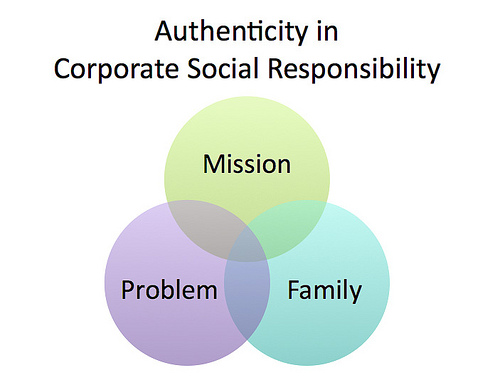Corporate social responsibility is one of the predominant phrases in business today. Essentially, it refers to responsible projects that businesses organise and operate in their local communities to improve and sustain them. This might mean sponsoring local charitable projects, encouraging staff to become volunteers, leading education and learning lessons at local groups, sourcing materials from trusted and local manufacturers and offering practical assistance to local communities.

Why is it important?
Corporate social responsibility, often shortened to CSR, is a business’ way of making a positive impact on the communities it serves, rather than simply making profits. It shows that the business is socially conscious and has values that tie in with its customers. This will often win it more custom from those individuals who value green and ethical business practices that have strong community-focused goals.
What can smaller businesses do?
Of course, large organisations have vast budgets and resources to put towards ethical sponsorship programmes, education schemes, carbon management accreditations and other such programmes, but what about smaller businesses?
Well, there are plenty of activities that can show a responsible attitude towards business, often whilst saving costs and attracting custom. For example, a small business might implement a carbon reduction scheme by switching off electrical equipment and lights and encouraging staff to cycle or take public transport to work. A business might start using recycled paper or it could source materials from local suppliers to reduce carbon emissions by eliminating long-distance transport. They might also join local group-buying schemes from ethical and environmentally conscious providers.
The firm’s employees might be given time off during the year to support local community projects and charities. The business might opt to sponsor one or two of these as its chosen charity and do fund-raising and other activities to raise awareness and funds for its cause. For example, staff might clear up a public garden or create a green shared space for an urban community, they might sponsor a school reading project with listening volunteers or they might work as mentors with local disadvantaged youth.
There are a huge amount of activities to get involved in under the CSR banner and both businesses and the staff within it benefit hugely from doing so; it increases a feeling of genuine satisfaction amongst staff and boosts goodwill from the local community, often whilst winning over local customers who appreciate the commitment that the company is putting into supporting their community and working to help sustain it for the future.
Sophie works alongside Ecotile and has seen just how important CSR is to a company.

